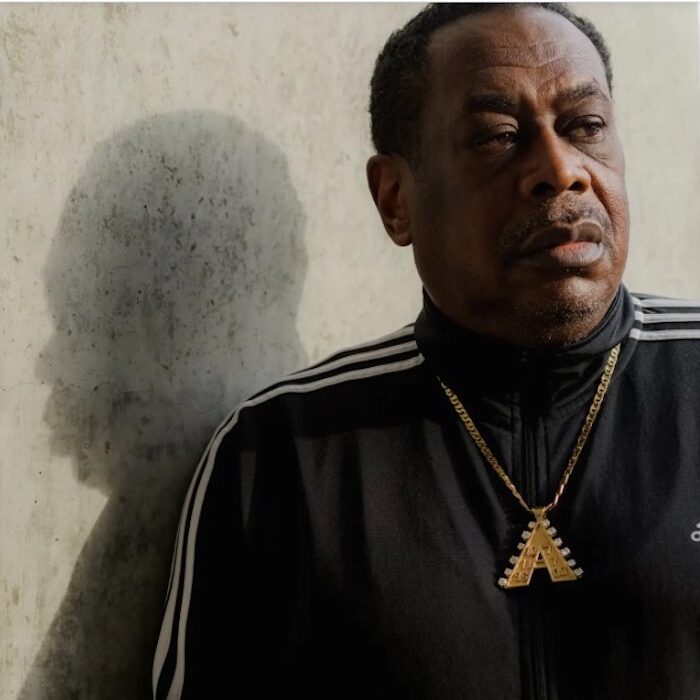Substance Use Disorders & Justice-Involved Populations
Substance use disorders are a health issue, not a criminal issue.
But often that’s not how they are treated. Many young people, people of color, and LGBTQ+ people who misuse drugs or alcohol face punishment, arrest, or imprisonment. Others don’t get the treatment and recovery services they need. As a result, nearly 108,000 people died of drug overdoses in 2021. Another 140,000 died from excess alcohol use.
Community Catalyst’s Substance Use Disorders and Justice-Involved Populations program works to change this. Drawing on insights from people with lived experience of substance use disorders and working side-by-side with state and community-based organizations and alliances—like the Oregon Black Brown Indigenous Advocacy Coalition—we are building community power that reorients society’s misguided approach to alcohol and drug use through policies and practices that center race equity and justice, and ensure everyone gets the services they need to live healthier lives.
Collectively, we aim to:
- Promote prevention and early intervention of substance use disorders, especially among young people
- Fight discrimination that sends people of color to prison and white people to treatment
- Boost harm reduction and recovery services, as part of a robust continuum of services
- Increase insurance coverage by expanding benefits in Medicaid, Medicare, and private insurance
- Expand access to and quality/equity of treatment and support services
- Integrate physical and mental health care with substance use disorders care
We are building on successes achieved in partnership with advocates across the country, including:
- Non-invasive verbal screening for youth substance use in hundreds of schools across the nation, plus early intervention and treatment referrals for those who need it
- Funding for community-based providers (with a focus on providers of color) of recovery and reentry services and greater awareness of the inequities in many state funding allocations
- Expansion of Medicaid access and Medicaid-funded services for substance use disorders in communities and schools
- New or expanded laws and regulations requiring parity in insurance coverage for mental health and substance use disorders compared with other illnesses
- Tax revenues from cannabis sales directed to communities hurt by the War on Drugs and stronger youth drug prevention provisions included in state legislation legalizing adult use
- Durable, cross-movement connections between advocates for health care, criminal justice, harm reduction, mental health, and substance use disorders
- A major expansion of federal funding to address substance use disorders in states and communities
- A powerful Youth Advisory Board that is motivating federal officials and members of Congress to improve youth services for mental health and substance use
- A roadmap for needed care improvements created with the help of more than 900 people with lived experience of substance use challenges from across the nation, who identified the outcomes most desired from treatment/services
Our work continues as we focus on building stronger advocacy that attains additional, sustainable advances in access to culturally effective, equitable, and high quality treatment and community services for substance use disorders.

Because of Community Catalyst … we started the Oregon Black Brown Indigenous Advocacy Coalition. They empowered us to advocate for our people, and we, in turn, are empowering and educating others.